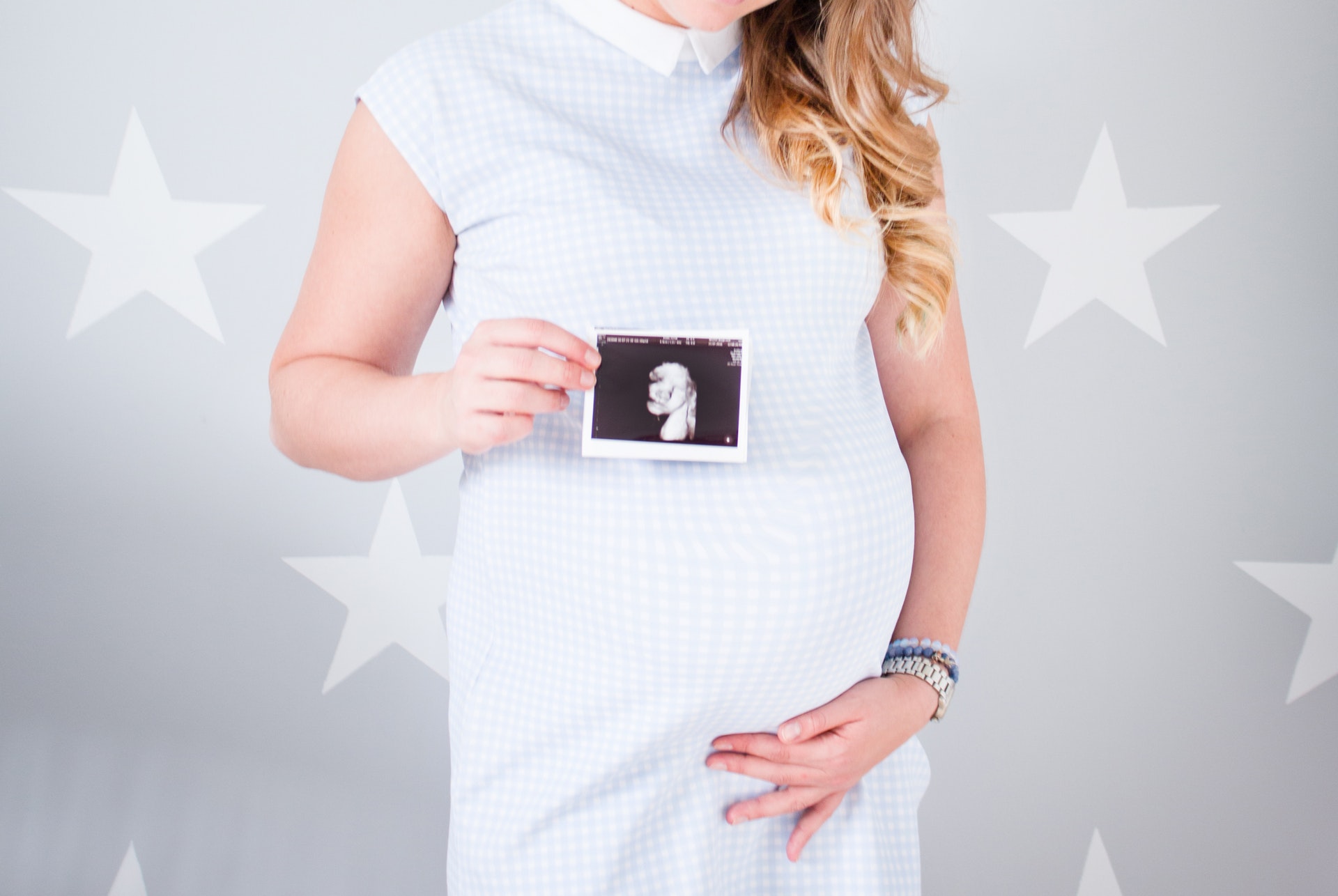Your Developing Baby — Part 3: The Third Trimester

You did it! You made it to the third trimester and are in the home stretch of your pregnancy! You might find that you are becoming a little more uncomfortable as the days go on. Many women will find breathing more difficult and notice they have to go to the bathroom even more often than before. This is because your baby is getting bigger and is beginning to put more pressure on your lungs and your bladder. But don’t worry! Your baby is fine and all of the problems should resolve once you give birth.
Here are a few changes in your body that you might notice in the third trimester:
- Shortness of breath
- Increased heartburn
- Swelling of the ankles, fingers and face (if you notice any sudden or extreme swelling or if you gain a lot of weight really quickly, call your doctor right away. This could be a sign of preeclampsia, which can be very dangerous for you and the baby)
- Hemorrhoids
- Tender breasts, which may begin to leak a watery pre-milk called colostrum
- Your belly button may “pop” out—don’t worry it will go back to normal when the baby is born!
- Difficulty falling asleep or staying asleep
- The baby may “drop” or move lower in your abdomen
- Contractions—this may be a sign of real or false labor
As your due date draws near, your cervix will become thinner and softer (this is called effacing). This is totally normal and helps the birth canal to open during the birthing process. Now it’s time to get excited – the final countdown has begun!
Now—here is what is happening with baby in these final weeks:
At 32 weeks:
- Your baby’s bones are fully formed, but still soft.
- Your baby’s kicks and jabs are forceful.
- The eyes can open and close and sense changes in light.
- Lungs are not yet fully formed, but practice “breathing” movements occur.
- Your baby’s body begins to store vital minerals such as iron and calcium.
- Your baby is gaining weight quickly, about one-half pound a week. Now, your baby is about 15-17 inches long and weighs 4 to 4 ½ pounds.
At 36 weeks:
- The protective waxy coating called “vernix” gets thicker.
- Body fat increases. Your baby is getting bigger and bigger and has less space to move around. Movements are less forceful, but you will feel stretches and wiggles.
- Your baby is about 16-19 inches long and weighs about 6 to 6 ½ pounds.
At 37-40 weeks:
- At 39 weeks your baby is considered full-term. Your baby’s organs are ready to function on their own.
- As you near your due date, your baby may turn into a head down position for birth.
- At birth, you baby may weigh somewhere between 6 to 9 pounds and be 19-21 inches long. Most full-term babies fall within these ranges. But healthy babies come in many different sizes.
